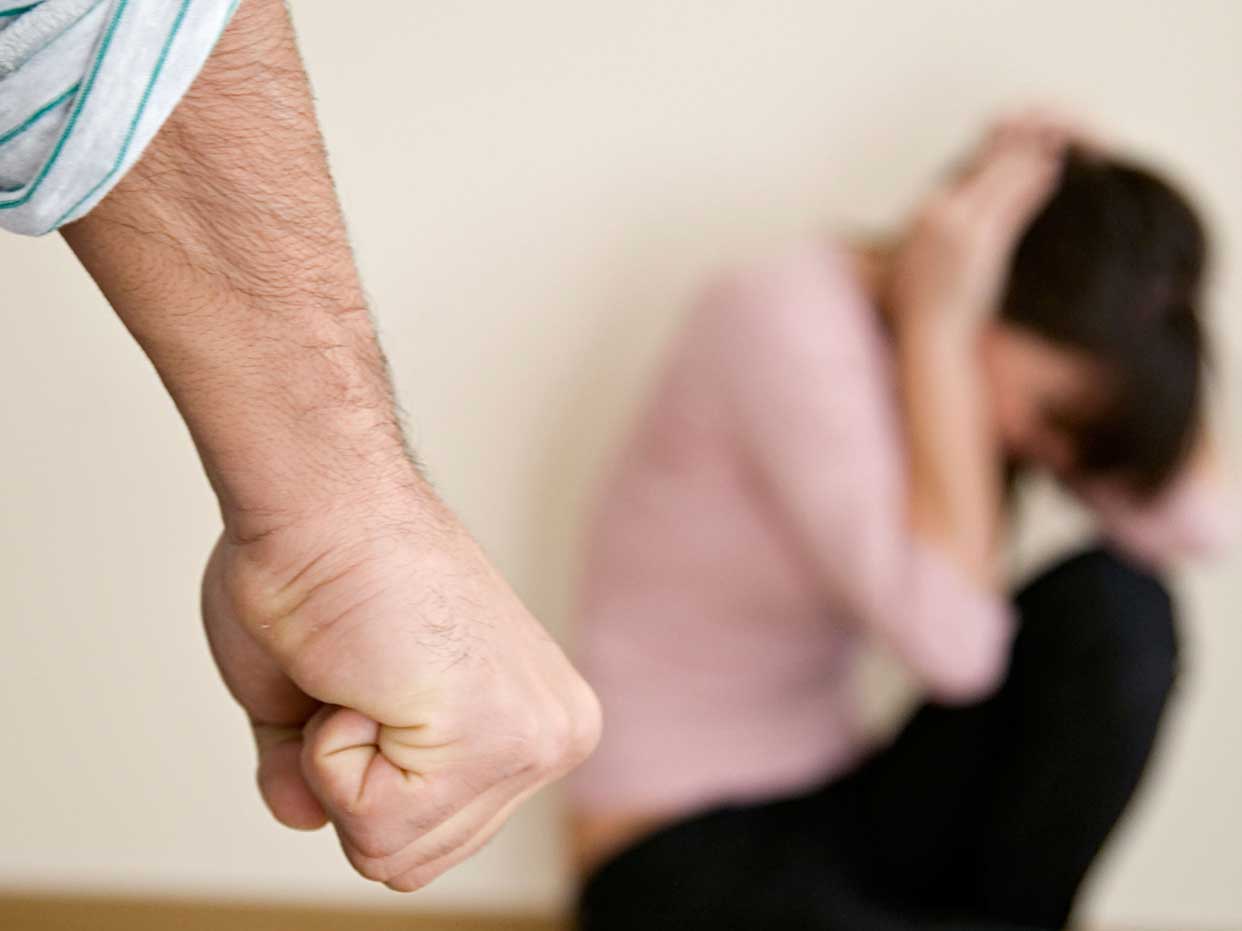Why domestic abuse incidents soar in the summer
Increased alcohol consumption and big sporting events are among contributing factors

A free daily email with the biggest news stories of the day – and the best features from TheWeek.com
You are now subscribed
Your newsletter sign-up was successful
Domestic violence is a year-round issue across the UK, with about 4.2% of men and 7.9% of women suffering abuse in 2018, according to recent statistics.
However, a new report from the Police Service of Northern Ireland (PSNI) says that reported incidents of domestic abuse increase significantly over the summer months.
The force’s data indicates that domestic abuse incidents rise in late spring and summer, and also spike during the holiday season in December.
The Week
Escape your echo chamber. Get the facts behind the news, plus analysis from multiple perspectives.

Sign up for The Week's Free Newsletters
From our morning news briefing to a weekly Good News Newsletter, get the best of The Week delivered directly to your inbox.
From our morning news briefing to a weekly Good News Newsletter, get the best of The Week delivered directly to your inbox.
An upswing in parties and other social events, and the associated increase in alcohol consumption, is one contributing factor behind the periodic rise in violence, according to the California-based Marjaree Mason Center, a domestic violence charity.
Hot weather can also increase irritability and spark outbursts, while having children at home during school holidays can add to stress levels.
In addition, research has uncovered an increase in domestic violence incidents immediately after sporting events such as football tournaments.
A Lancaster University study found that incidents of domestic abuse in the region rose by 38% when the England national team played and lost in the World Cup tournaments in 2002, 2006 and 2010, and by 26% when England won or drew, compared with days when there were no matches.
A free daily email with the biggest news stories of the day – and the best features from TheWeek.com
Experts point out that people often drink or consume drugs while watching sport, leading to impaired judgement and reduced inhibitions. Gambling and betting are also common, and losing money can inflame tempers.
During the 2018 World Cup, the UK’s National Centre for Domestic Violence launched an awareness campaign with the tagline, “If England gets beaten, so will she”.
This disturbing trend has been noted in countries worldwide.
“Sporting bodies and alcohol brands also shoulder some of the blame for not doing enough to discourage excessive drinking by fans,” argues Melanie Pescud of Australia’s Foundation for Alcohol Research and Education, in an article on The Conversation.
However, Monica McLaughlin, deputy director of public policy at the US National Network to End Domestic Violence, says that while the frequency of violence in abusive relationships may fluctuate, the power and control that underpins the abuse remains constant.
“Coercive control doesn’t take a vacation,” she told HuffPost. “It’s there all the time.”
-
 Corruption: The spy sheikh and the president
Corruption: The spy sheikh and the presidentFeature Trump is at the center of another scandal
-
 Putin’s shadow war
Putin’s shadow warFeature The Kremlin is waging a campaign of sabotage and subversion against Ukraine’s allies in the West
-
 Media: Why did Bezos gut ‘The Washington Post’?
Media: Why did Bezos gut ‘The Washington Post’?Feature Possibilities include to curry favor with Trump or to try to end financial losses
-
 Dash: the UK's 'flawed' domestic violence tool
Dash: the UK's 'flawed' domestic violence toolThe Explainer Risk-assessment checklist relied on by police and social services deemed unfit for frontline use
-
 What’s behind the UK’s soaring domestic murder rate?
What’s behind the UK’s soaring domestic murder rate?In Depth Boris Johnson pledges legislation to tackle growing problem as new figures show killings rose to 173 last year
-
 Why are domestic violence rates increasing?
Why are domestic violence rates increasing?Speed Read Femicide Census finds number of women killed by men is at highest level yet
-
 Sally Challen: ‘abused’ wife who murdered husband launches landmark appeal
Sally Challen: ‘abused’ wife who murdered husband launches landmark appealIn Depth Mother-of-two was jailed for life in 2010 but could see conviction overturned under new domestic abuse law